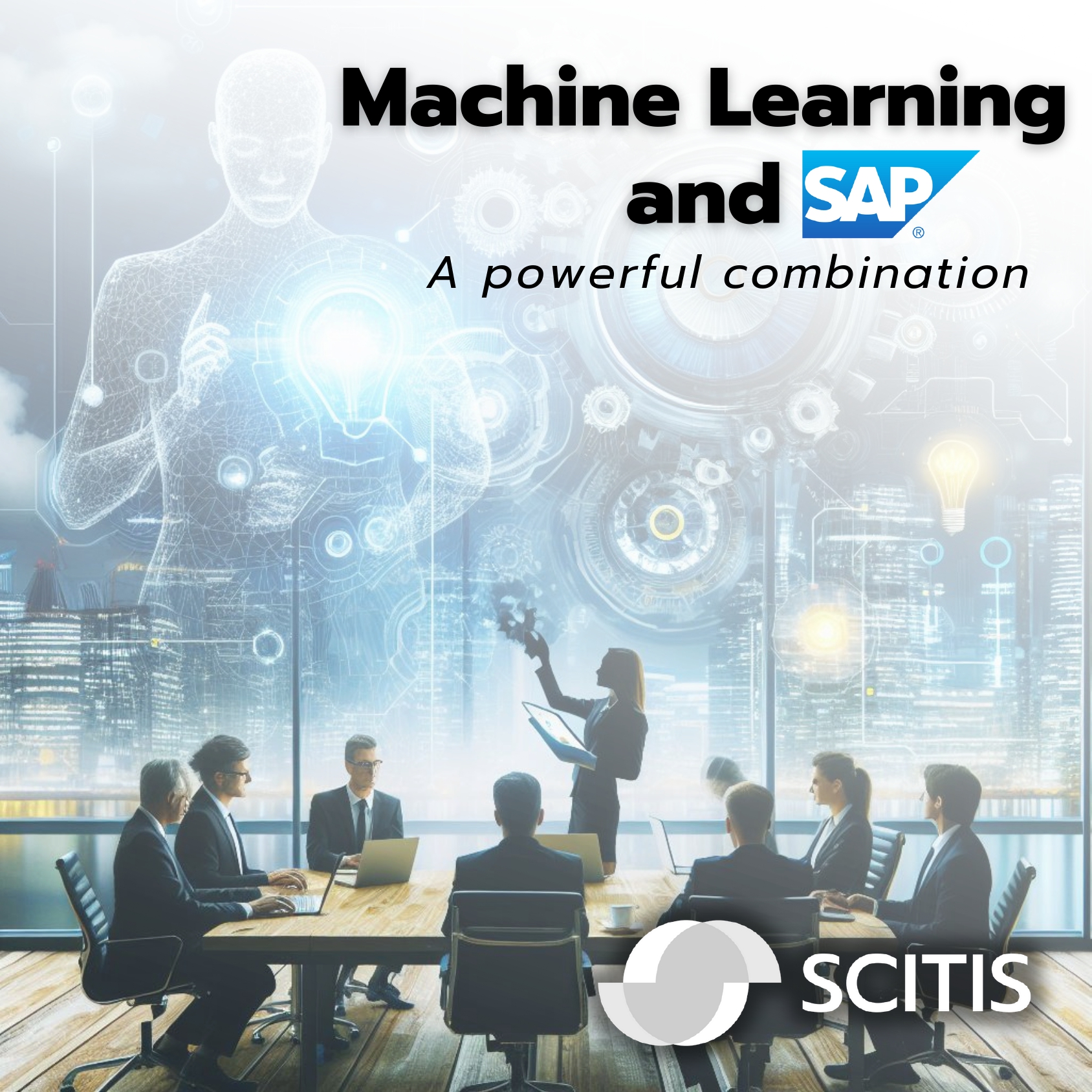Machine Learning models can leverage historical sales data and other relevant data points stored in SAP to predict future demand. SAP, as a leading enterprise system, provides a rich source of information, including past sales data, inventory data, product lifecycle data, and other factors that influence demand.
By applying Machine Learning algorithms to this data, companies can uncover hidden patterns and trends in market behavior. These models can continuously learn and improve their accuracy as they are fed more data and observe real-world outcomes.
Improvements in Inventory Planning
One of the most tangible benefits of demand prediction with SAP and Machine Learning is the improvement in inventory planning. By having more accurate predictions about which products will be demanded and in what quantities, companies can optimize their stock levels. This avoids shortages of popular products and reduces excess inventory, thereby improving operational efficiency and cutting associated costs.
Efficient Supply Chain Management
Supply chain management also sees significant benefits from these accurate predictions. Manufacturers and suppliers can adjust their operations based on demand projections, allowing them to optimize production and delivery times. Additionally, they can identify potential bottlenecks in the supply chain and take proactive steps to mitigate them.
Informed Strategic Decision-Making
Another crucial aspect is how these predictions inform strategic decision-making. Business leaders can use insights generated by Machine Learning models to develop more effective marketing strategies, launch products at optimal times, and make well-founded geographical expansions.
Implementation in SAP
Implementing Machine Learning models in SAP can be done in several ways. SAP offers built-in capabilities for predictive analytics, such as SAP Predictive Analytics and SAP HANA. Additionally, companies can integrate external Machine Learning tools like TensorFlow or scikit-learn through APIs.
Considerations and Challenges
Despite the evident benefits, there are challenges to consider when implementing demand prediction models in SAP. Data quality is fundamental, as models heavily rely on the accuracy and integrity of input data. Furthermore, it is crucial to consider seasonal changes, special events, and other external factors that may influence demand.
The combination of SAP and Machine Learning for demand prediction offers companies a significant competitive advantage in an increasingly dynamic market. From inventory optimization to efficient supply chain management and informed strategic decision-making, these technologies are transforming how businesses operate and adapt to market demands. Organizations that adopt these tools will be better equipped to face future challenges and capitalize on emerging opportunities.



